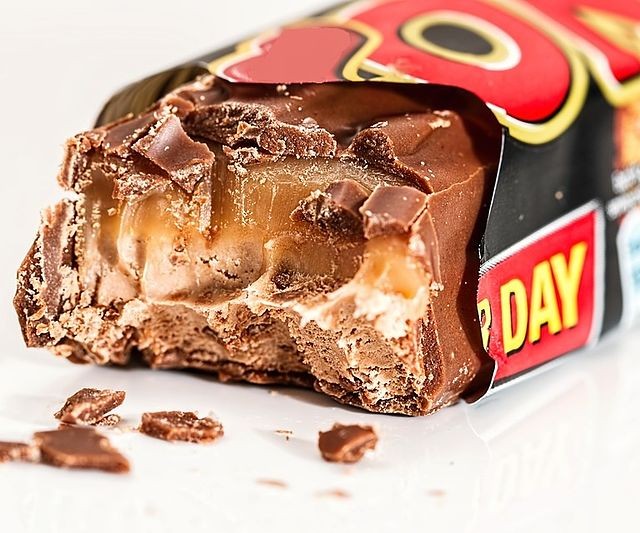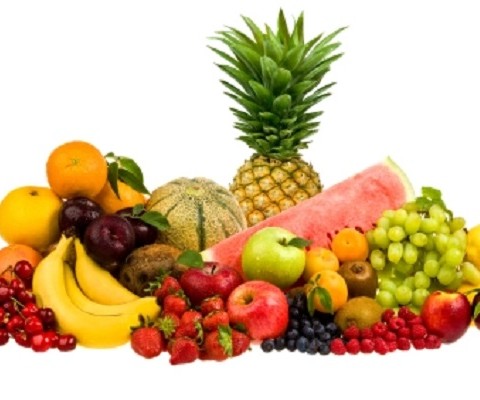Fighting Food Cravings
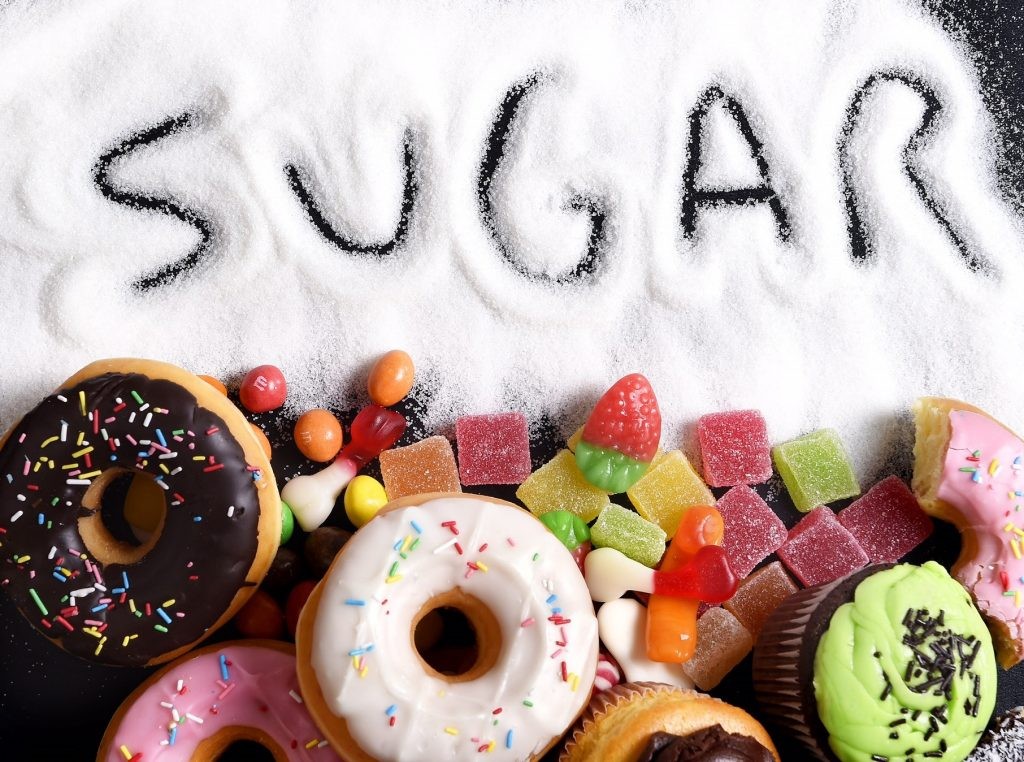
The Science behind Food Cravings
The chemicals in our brain involved with food cravings are:
- Dopamine – motivation
- Serotonin – happiness
- GABA – relaxation
- Endorphin – pleasure
Large quantities of sugar and salt in processed foods can become addictive and our taste buds will crave them. Adversely, after a couple of weeks of wholesome, healthy eating our taste buds will begin to change and we will crave more nourishing foods. Our cravings change as our taste buds change.
The key to a healthy diet is substitution. Use natural products such as honey, fresh fruits and dates to sweeten foods. Spices such as cloves, cinnamon and ginger are also excellent for adding flavour and can also aid our digestion, provide us with antioxidants and balance the bacteria in our gut.
Many of us consistently restrict ourselves from specific foods. We don’t allow ourselves a treat food on a regular basis and therefore experience extreme guilt when eating these foods. Those of us who feel restricted with our diets will often splurge on high-calorie foods when presented with the chance, consuming large volumes and blowing out our daily calorie intake. Incorporating a few ‘treat’ foods into the diet every week allows us to control food cravings and keep binge eating sessions at bay.
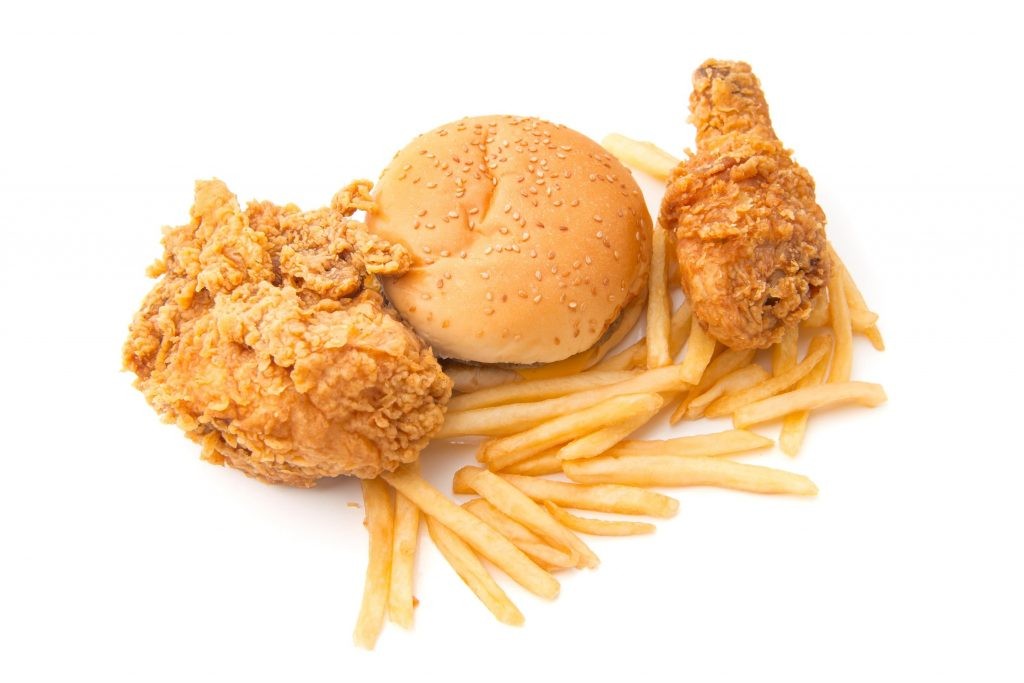
The Causes of Cravings
There are a range of reasons why our cravings may be taking control of our mind and body.
- Eating very few calories during the day
- Being highly stressed
- Restricting major food groups
- Lacking sleep
- Drinking too much alcohol
- Eating foods out of habit and not out of hunger
- Being deficient in certain vitamins and minerals
Simple Tips to Combat Food Cravings
There are plenty of ways to help prevent these food cravings.
- Drink more water
- Carry healthy snack options
- Try to eat regularly, ideally every three hours
- Always eat breakfast
- Eat lean protein rich meals which make us feel full for longer
- Avoid food triggers and start a food journal
- Distract oneself with another task
- Drink green tea
- Think about a smarter option for a snack
- Think about the negative impact of the unhealthy food
- Have a planned distraction food ready
- Try out relaxation techniques
- Chew gum
- Take a small nap
- Have a small amount of caffeine
- Remove all temptations from the house where possible
- Brushing teeth immediately after dinner can help us to avoid snacking late at night
- Move all the healthy snack foods to the front of the fridge or cupboard
Getting back on Track
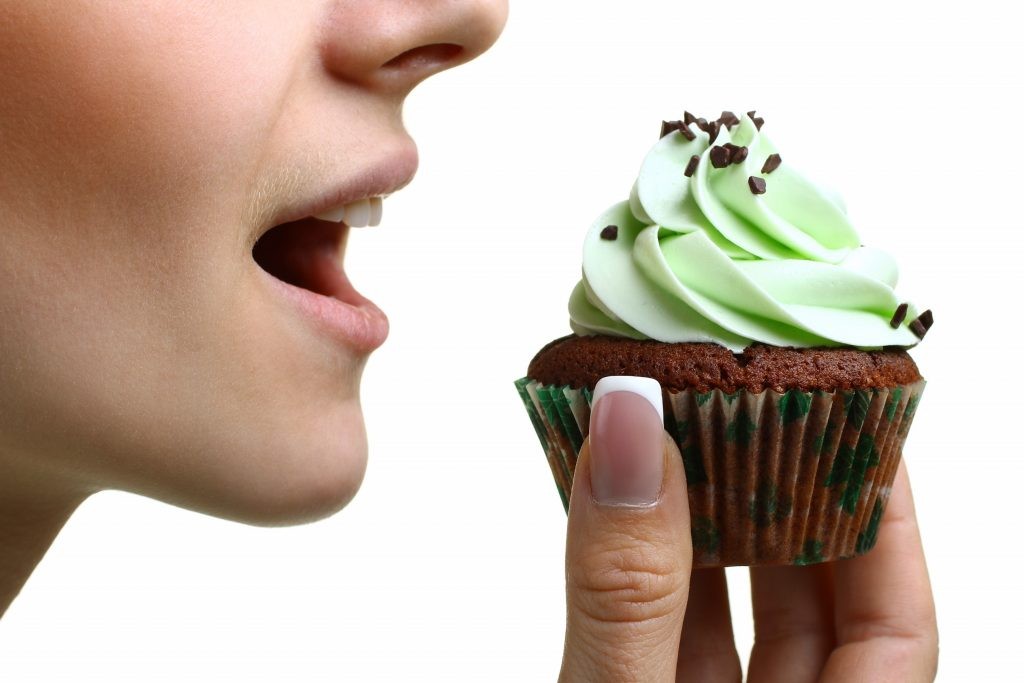
Developing acceptance-based strategies for coping with cravings can result in reduced food cravings and consumption, particularly for those of us who engage in emotional eating.
Self-acceptance is a powerful tool for managing cravings. If we are unhealthy and not feeling good about ourselves, it’s hard to have self-acceptance. I often see a vicious cycle develop with clients who crave food, eat too much, feel disgusted with themselves and then repeat the cycle. This is why our emotional health is equally as important as our physical health.
If we overindulge it’s useless feeling guilty about it for too long. Let go of the guilt, move on and think about how the next time will be different. Limit the damage and don’t continue with unhealthy eating for the rest of the day.
Bad habits can be changed, but we need to make an effort to change the behaviours that caused us to give in to cravings in the first place. Eating habits are a skill that need to be developed. After a period of eating consistent healthy and wholesome foods, our bodies will begin to reject the bad foods we once craved.
